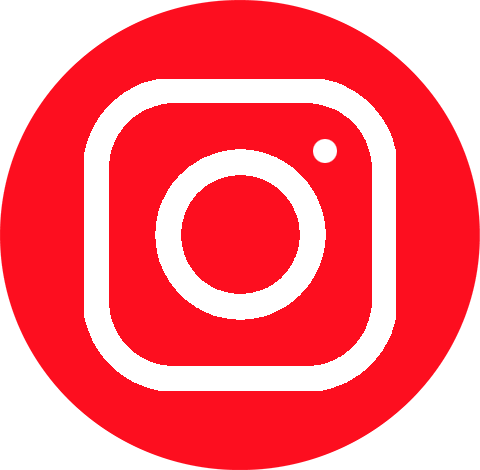The events of the year 2020 have fundamentally transformed public life almost beyond recognition. It remains to be seen if these transformations are here to stay or just a passing phase. These events and many of the transformations they have given rise to have fostered a surge of anxiety, feelings of powerlessness and a dark vision of the future.
However, if we take a second look at the current situation, we can also see a newly developed focus on the importance of community, of solidarity and on maintaining sociality, all of which hold the promise of a new society. And while anxiety is often said to embody paralyzing features, one could argue that anxiety — a basic human emotion like joy, lust and anger — is a strong motive for collective human action because nobody wants to stay alone in the dark.
We propose to overcome the anxiety together and to collectively develop productive solutions to reclaim control.
The second Radical Film Network Meeting will take place from the 25.- 28. August 2021 at Atelier Gardens, Berlin-Tempelhof.
Open Air and free of charge to the public.
In cooperation with the Harun Farocki Institut the event will create a temporary space with the intention of initiating exchange and dialogue between actors of the Radical Film Network, Berlin filmmakers and cultural practitioners. Furthermore it intends to foster and continue the British-German dialogue, currently aggravated by the political upheaval of Brexit.
The 2nd Radical Film Network Meeting Berlin will focus on artistic/creative and political/ethical positions within the global radical film cultures and video activism movements.
The terms “radical” and “radical film” can be applied to a variety of cultural and artistic practices. In the context of the Radical Film Network, however, ‘radicality’ refers first and foremost to a political affiliation with progressive forces, as well as taking an active role in improving social justice, regardless of whether this be workers’ rights, environmental sustainability, gender, race or sexual equality. On the basis of this ideological orientation, the participants of the radical film network practice and celebrate potential cinematic radicality in myriad ways. They develop new and challenging aesthetic praxes, experiment with the medium itself and seek to apply political ideals to production and distribution processes. The question, ‘What is radical film today?’, is asked time and again with ever-changing replies.
to top

